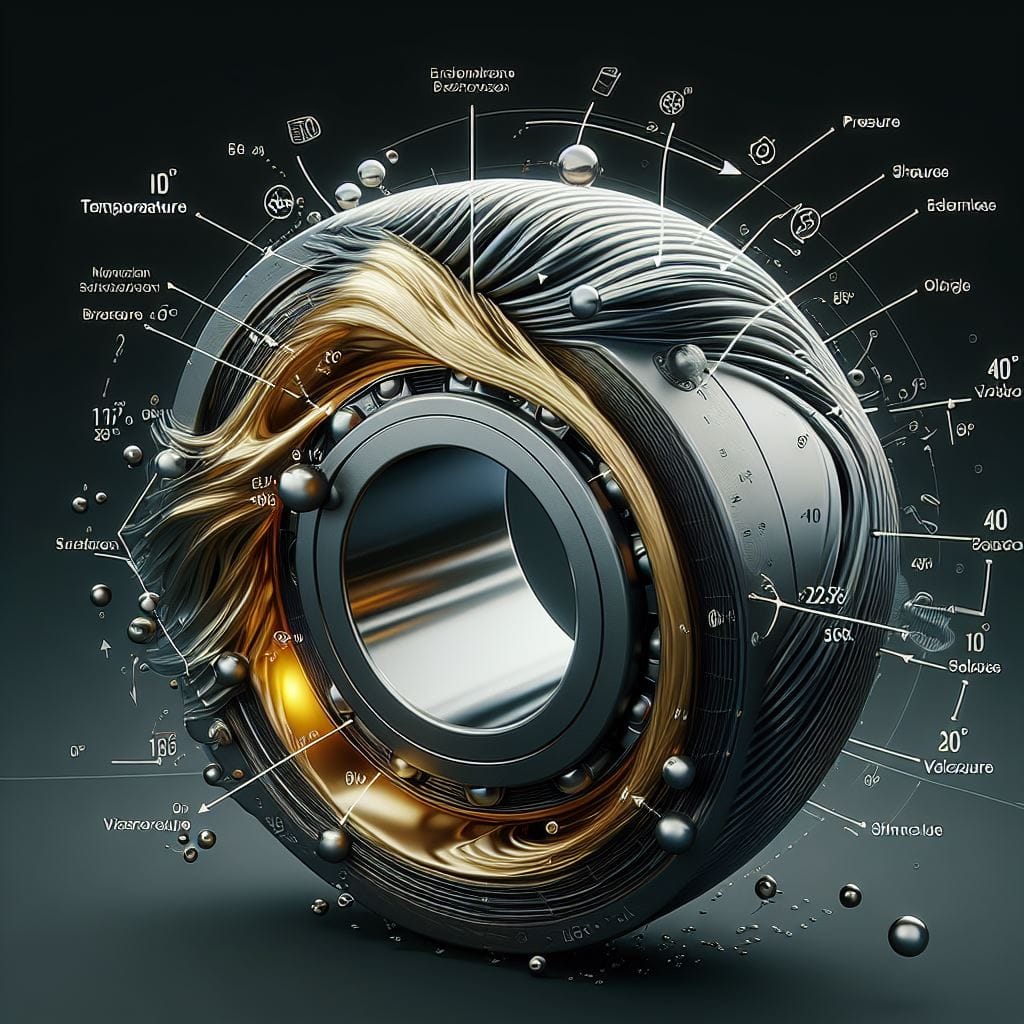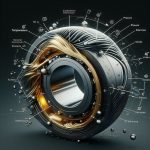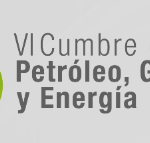Welcome to our blog on industrial lubrication tribology! In this article, I will explain what lubrication tribology is, how to use it in the industry and why it is important.
What is lubrication tribology?
Lubrication tribology is the study of friction, wear, and lubrication of systems in motion and in mutual contact. Lubrication tribology is used to reduce friction and wear between two contacting surfaces, helping to extend equipment life and reduce maintenance costs. Lubrication tribology is also used to improve energy efficiency and reduce greenhouse gas emissions.
How to use lubrication tribology in industry?
Lubrication tribology is used in industry to improve efficiency and reduce maintenance costs. Some ways lubrication tribology can be used in industry are:
Lubricant Selection: Lubrication tribology is used to select the appropriate lubricants for a specific application. Lubricants are selected based on operating conditions, temperature, load and other factors.
Component Design: Lubrication tribology is used to design components that reduce friction and wear. Components are designed to minimize friction and wear, helping to extend equipment life.
Lubricant Analysis: Lubrication tribology is used to analyze lubricants and determine their condition. Lubricant analysis is used to detect problems before they become costly failures.
Predictive maintenance: Lubrication tribology is used to implement a predictive maintenance plan based on lubricant analysis. Predictive maintenance helps reduce breakdowns, lubricant consumption and the amount of energy consumed.
Why is lubrication tribology important?
Lubrication tribology is important because it helps extend equipment life, reduce maintenance costs, and improve energy efficiency. Lubrication tribology also helps reduce greenhouse gas emissions and protect the environment.
We hope this article has been useful to you and that you have learned something new. If you want more information about lubrication tribology, do not hesitate to contact us. Thank you for reading!






